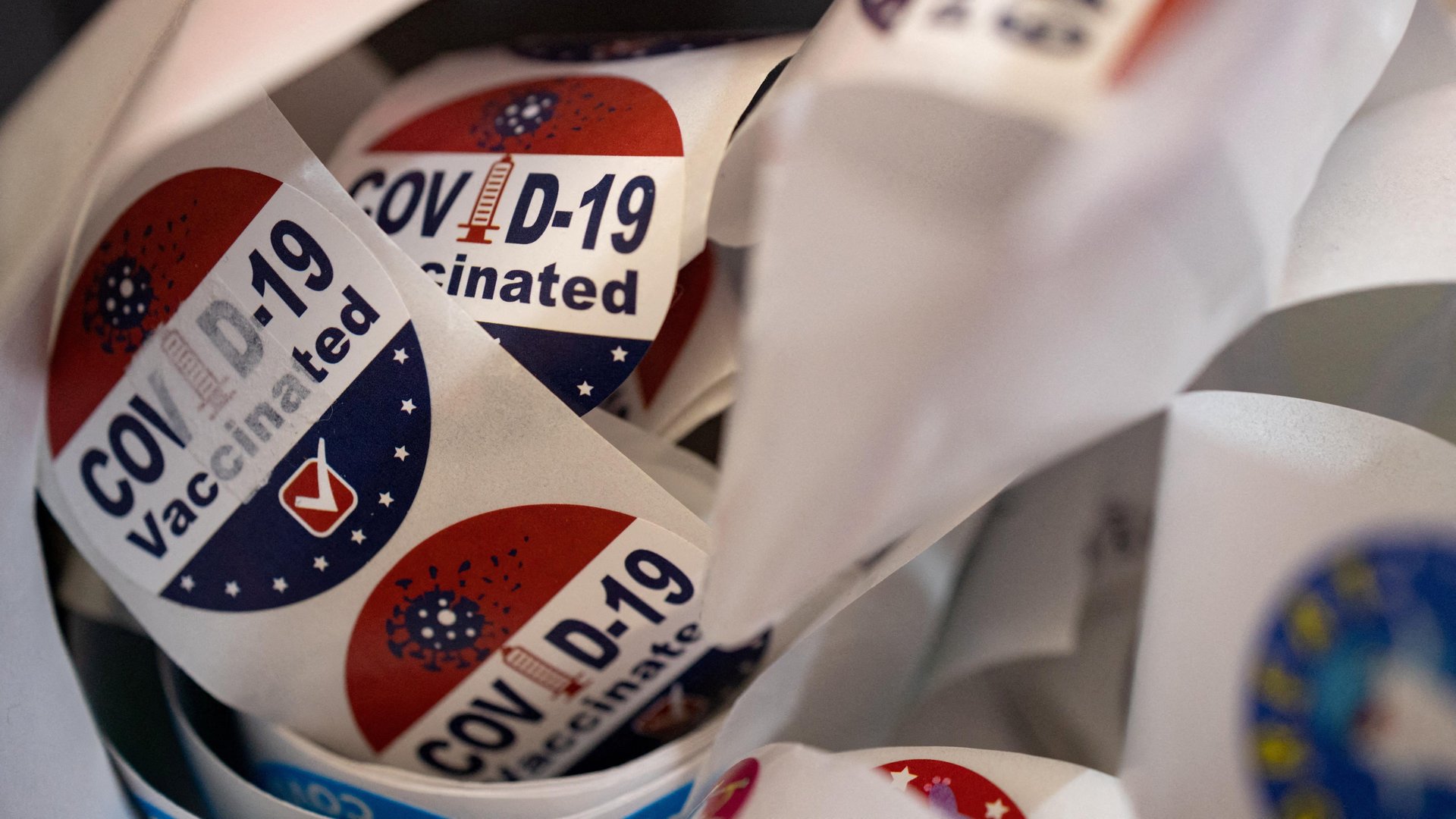The US's estimate for uptake of the new covid booster was off by more than 90%
Only 4.5% of people eligible for an updated booster have gotten one so far

The US government prepared well for its fall covid vaccination campaign. At the end of July, it placed an order for 105 million doses of Pfizer omicron-specific boosters (also known as bivalent, as they protect against the broader covid virus as well as the omicron variant). Then, only days later, it ordered 66 million doses of the latest Moderna bivalent booster.
The orders, placed before the Food and Drug Administration approved the boosters in late August, totaled an investment of nearly $5 billion ($3.2 billion for Pfizer, $1.74 billion for Moderna). Both also included an option for up to 300 million doses—for a potential total of 600 million doses in case more doses were necessary.
Yet more than a month into the booster deployment, these numbers seem completely out of sync with the actual uptake. According to the latest data shared by the Centers for Disease Control and Prevention (CDC), only 11.5 million eligible people have received an updated booster. That is less than 5% of the 240 million people who qualify, and only around 7% of doses made available by the government.
Covid immunization has lost momentum
By way of comparison, when the first booster was made available to the broader population of adults in November 2021, it was administered to more than 30 million people in the first month. Before then, 40 million people who were over 65 or at risk of severe covid had already gotten their booster, for which they had qualified starting in August.
A reduction in vaccine uptake was predictable, based on the data on past covid shots. About 80% of the US population received at least one dose of vaccine, but only 68% received the second. The percentage of the vaccinated population fell further with the first booster—only about half the people who had completed the primary series received it—and declined again with the second booster; though only people above 50 or at high risk were eligible for the second booster, less than 40% of those who received a first booster got it. Second shots are no longer administered, with the omicron-specific booster taking its place, and people 50 and over who didn’t receive one are advised to get the bivalent booster.
Yet the omicron booster uptake is even lower than what past trends would have suggested. The data published by the CDC on the uptake of the omicron-specific booster isn’t quite as granular as the one available for the primary dose and the previous boosters, so it’s hard to compare the current campaign with previous rounds of covid vaccination by demographics, or regional distribution. This is as good an indicator as any about the importance that is being placed on the latest immunization round, and in line with the White House’s position that the pandemic is over.
It isn’t, however. The US recorded an average of 420 deaths from covid in the past week, and experts, including Anthony Fauci, warn that lower immunization levels might contribute to the emergence of new variants, potentially with more severe effects than omicron. Although 65% of American adults say they are planning to get the booster, there doesn’t seem to be much urgency, including because of conflicting public health messages on the efficacy and need for the latest vaccine.
White House covid-19 response coordinator Ashish Jha has said maintaining immunity is critical and encouraged Americans to get boosted, again, adding that the covid shot might become a yearly occurrence. Yet information about the booster is not widespread or clear. A survey by the Kaiser Family Foundation points at important communication gaps when it as comes to the omicron booster. As of the end of September, about half the population had heard only a little, or nothing at all, about the booster shot. Further, 40% of responders didn’t know whether the booster was available to them.
